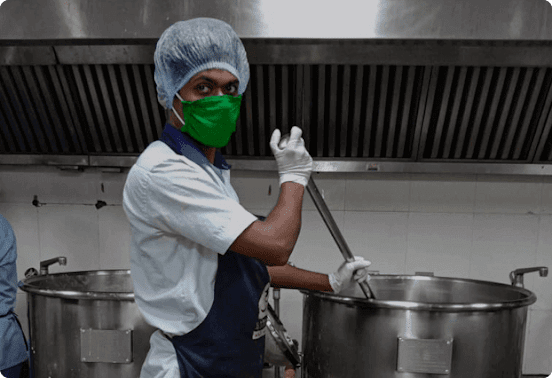What are some of the challenges that mid-day meal donation NGOs face?
Mid-day meal donation NGOs provide nutritious meals to school-going children from economically weaker sections of society. Such NGOs aim to ensure that children receive at least one healthy meal a day, which can improve their health, education, and overall well-being. While these organizations work towards a noble cause, they face several challenges that hinder their efforts.

Some of these challenges are:
Funding: NGOs rely on donations from individuals and corporate organizations to run their operations. However, securing consistent and reliable funding can be a daunting task. It is a continuous struggle to ensure enough funds are available to provide nutritious meals to all the children who need them.
Infrastructure: In many parts of the country, schools do not have adequate kitchen facilities or storage space. It is challenging for NGOs to provide nutritious meals in such conditions. Furthermore, the lack of proper sanitation compromises the hygiene and safety of the food prepared, leading to health concerns for the children.
Logistics: Food NGO donation ensure that meals are delivered on time to the schools. The logistics of transporting food to remote or rural areas are complicated and expensive. The NGOs must consider distance, accessibility, and traffic conditions while planning their meal delivery routes.
Quality: Maintaining the quality of the food served is critical for the success of mid-day meal programs. NGOs must ensure that the food is prepared hygienically and the ingredients are of good quality. The food must also be palatable to the children to encourage regular attendance and reduce food wastage.
Government Regulations: NGOs providing mid-day meals must adhere to strict hygiene, safety, and food quality regulations. Compliance with these regulations can be time-consuming and expensive, and failure to comply can lead to penalties or even the program's closure.
Monitoring and Evaluation: Regular monitoring and evaluating the mid-day meal program are essential to ensure it achieves its objectives. NGOs track attendance, assess the nutritional value of the meals, and evaluate the program's impact on the children's health and education. However, setting up a monitoring and evaluation system can be challenging, and many NGOs lack the resources.
Comments
Post a Comment